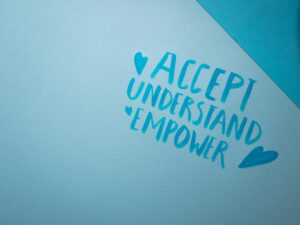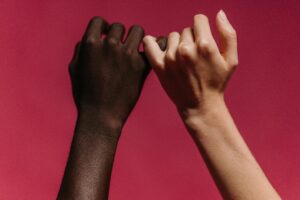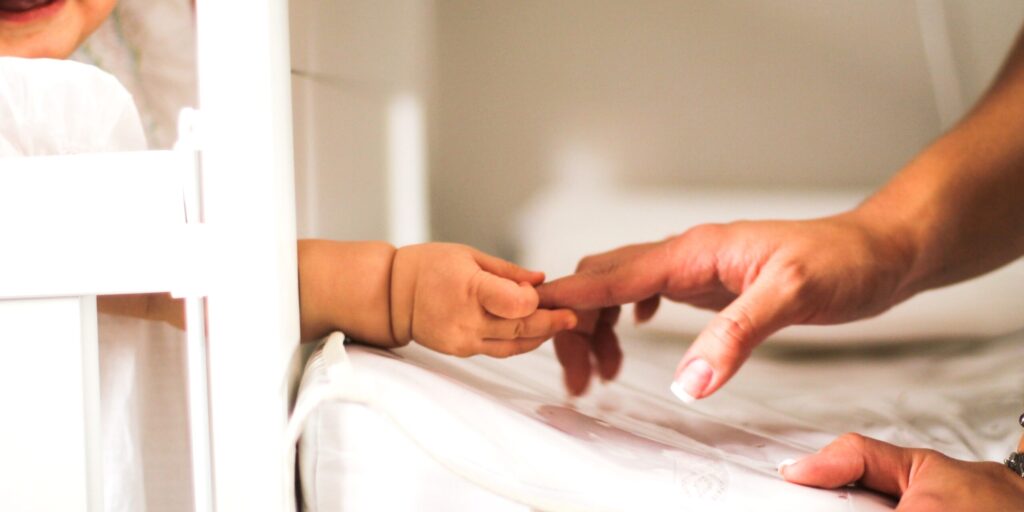Read time 6 minutes
Living with a rare disease like Isaacs’ Syndrome is not just a medical challenge. Trust me, it’s a deeply personal journey that reshapes your identity, your relationships, and your outlook on life.
As someone who has walked this path, I feel compelled to share my story. It’s not just to raise awareness about Isaac’s Syndrome and other chronic illnesses as well.

This is to honor the unwavering support of my family, who became my anchor through the storm.
Gratitude in the Face of Adversity
Every time I sit down to write about my health journey, a wave of gratitude washes over me. Thank you, dear Universe, for continuing to bless me with recovery, resilience, and the gift of life. This blog is not just a reflection; it’s a celebration of love and the power of human connection.
What Is Isaacs’ Syndrome?
Isaacs’ Syndrome, also known as neuromyotonia. It is a rare neuromuscular disorder characterized by continuous muscle fiber activity. This hyperactivity leads to symptoms like muscle stiffness, cramps, twitching, and fatigue.
It’s not a condition one can manage alone.
The complexity of Isaacs’ Syndrome demands not just medical intervention. It requires great emotional and logistical support, something my family provided in abundance.
A Cascade of Diagnoses: More Than Just Isaacs’
My health journey didn’t stop at Isaacs’ Syndrome. Over time, I was diagnosed with multiple chronic and rare conditions, each adding a new layer of complexity to my life:
-
Lyme disease: A bacterial infection transmitted through tick bites, causing fatigue, joint pain, and neurological issues.
-
Glaucoma: An eye disease that damages the optic nerve and can lead to vision loss.
-
Membranous Glomerulonephritis: A progressive kidney disease affecting filtration function.
-
Irritable Bowel Syndrome (IBS): A gastrointestinal disorder causing abdominal pain and digestive issues.
-
Diabetes: A metabolic condition requiring constant monitoring and lifestyle adjustments.
-
Frozen Shoulder: A painful condition limiting shoulder movement.
-
Eczema: A skin condition causing inflammation and itching.
-
Blood Pressure issues: A silent but serious cardiovascular risk.
Each diagnosis felt like a new mountain to climb. The unpredictability of symptoms created a constant state of anxiety and emotional exhaustion. I wasn’t just battling physical pain; I was navigating a complete transformation of my identity.
From Independence to Vulnerability
Before these diagnoses, I was a healthy, active individual. The transition to becoming a patient was brutal. I went from being self-reliant to needing assistance for even the simplest tasks. The pain was stabbing sensations, involuntary muscle twitches, and fatigue that confined me to bed. I relied on props, medications, and constant monitoring. It was a vulnerable place to be, and I knew I couldn’t survive it alone.
The Power of Family Support in Chronic Illness

Where do I begin to describe the role, my family played in my healing journey?
They weren’t just caregivers; they were my cheerleaders, my emotional lifeline. In a world that often feels isolating for rare disease patients, my family became my sanctuary.
My Mother: The Heartbeat of My Recovery

My mother is nothing short of a warrior. Despite her health challenges, she poured every ounce of energy into caring for me.
Her day began before sunrise, preparing Ayurvedic medicines. She often chanted affirmations and ensured I had customized meals tailored to my dietary needs.
She accompanied me to countless doctor visits, stayed awake through my sleepless nights, and never once let her love waver.
Her presence was like a heartbeat; steady, reassuring, and life-giving.
My Brother: The Unsung Hero

My brother became my superhero.
He was always on high alert, ready to respond to emergencies with caffeinated energy and calm precision.
He skipped work to accompany me to hospitals, managed my medical records, and created systems to handle flare-ups. His efforts were so seamless that I often didn’t realize the extent of his sacrifices.
He brought laughter into my darkest days, sneaking in my favorite dark chocolate with my medicine. He played board games and lost on purpose just to lift my spirits.
Emotional Healing Through Family Bonding

Chronic illness isn’t just a physical battle; it’s an emotional one. The unpredictability of rare diseases can lead to feelings of hopelessness, frustration, and isolation. But my family’s presence changed everything.
They reminded me to take my medicines, encouraged me to pursue hobbies like writing and sketching, and even watched cartoons with me to spark joy. They allowed me small indulgences in my diet and invited my college friends over to keep my spirits high. Their love was unconditional and their support, unwavering.
Building a Support System Beyond the Home

One of the most impactful things my family did was connect with other rare disease patients and their families. This network became a source of shared experiences, practical advice, and emotional solidarity. It helped me feel less alone and more empowered to seek solutions.
They also helped me navigate the financial aspects of treatment, managing insurance, researching therapies, and translating complex medical jargon into actionable steps. Their involvement made my healthcare experience more efficient and less overwhelming.
Why We Need to Talk About Family Support in Rare Diseases

In many cultures, including ours, family is expected to be there through thick and thin. But caregiving during chronic illness is not easy; it requires emotional strength, patience, and resilience. We need to talk more openly about the role families play in managing rare diseases.
A family isn’t a group of perfect people; it’s a group of imperfect individuals striving to create a safe, loving space. Their imperfections don’t diminish their impact; they make it more real, more relatable.
Why do we shy away from sharing the messy parts of our stories? The truth is, healing isn’t linear, and support isn’t always picture-perfect. But it’s the love, the effort, and the togetherness that truly matter.
Bridging the Gap Between Family and Healthcare

Throughout my journey, I realized how crucial it is to have a strong bridge between family and healthcare professionals.
My family’s involvement ensured that I received holistic care: medical, emotional, and logistical. Their insights often guided my decisions, and their encouragement kept me going when I felt like giving up.
Final Reflections: A Tribute to My Family
As I reflect on this journey, I am overwhelmed with gratitude. My family’s love and dedication gave me the strength to smile through the pain, to hope through the uncertainty, and to heal through the chaos.
Their support was not just helpful, it was transformative. It turned a bleak diagnosis into a story of resilience. It gave me the courage to share my experience, to connect with others, and to advocate for better support systems for rare disease patients.
Each day, our bond grows stronger. Each moment of care adds another brick to the foundation of our togetherness.
Thank You, From the Bottom of My Heart
To my mother, my brother, and every family member who stood by me. I am at a loss for words. Your love is the reason I survived. Your strength is the reason I thrived. And your presence is the reason I continue to heal.
This blog is dedicated to all families and caregivers who walk this path with rare disease patients. You are the unsung heroes, the silent warriors, and the beating hearts behind every recovery story.
DISCLAIMER
The views expressed in this article are my own and do not constitute medical advice. Please consult healthcare professionals for diagnosis and treatment.


